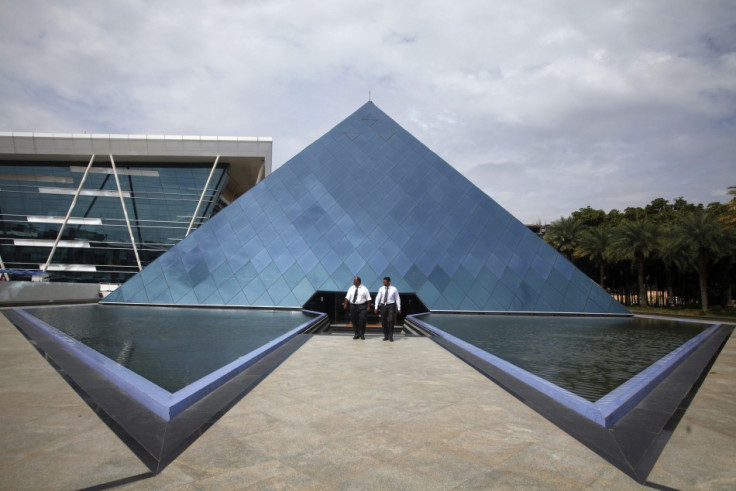India's Infosys to Contest New £69m Tax Demand

Infosys, India's second largest software exporter, will contest a 5.8bn rupees ($105.3m/£69m) tax demand raised by Indian authorities because it ignores an earlier government clarification, which allows the company to claim tax benefits.
The latest demand, by India's Income Tax Department, pertains to certain tax benefits on income from software developed overseas, at clients' offices, and on revenue from special economic zones in India, said an Infosys statement.
"Infosys is in the process of filing an appeal before the Commissioner of Income Tax," Infosys said.
A January 17 government note clarified that 'profits earned as a result of deployment of Technical Manpower at the client's place abroad specifically for software development work pursuant to a contract between the client and the eligible unit should not be denied benefits under sections 10A, 10AA and 10B provided such deputation of manpower is for the development of such software and all the prescribed conditions are fulfilled.'
The Bangalore-based firm is already contesting previous tax demands, worth $214m, including an interest component of $64m, for financial years 2005 to 2008. 'The matter for fiscal 2005, fiscal 2006, fiscal 2007 and fiscal 2008 are pending before the Commissioner of Income Tax (Appeals) Bangalore,' Infosys said.
The company said it is facing these previous tax demands 'mainly on account of disallowance of a portion of the deduction claimed by the company under Section 10A of the Income Tax Act.'
Infosys said the 'deductible amount is determined by the ratio of export turnover to total turnover. The disallowance arose from certain expenses incurred in foreign currency being reduced from export turnover, but not reduced from total turnover.'
The tax demand for the financial years 2007 and 2008 includes disallowance of portion of profit earned outside India from STP units and disallowance of profits earned from units housed within special economic zones or SEZs, it said.
© Copyright IBTimes 2024. All rights reserved.






